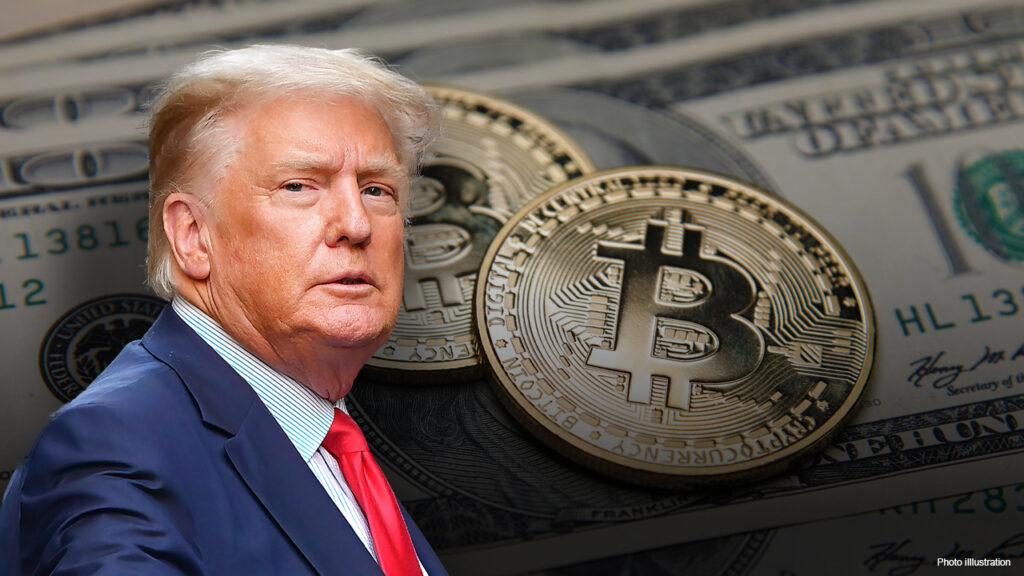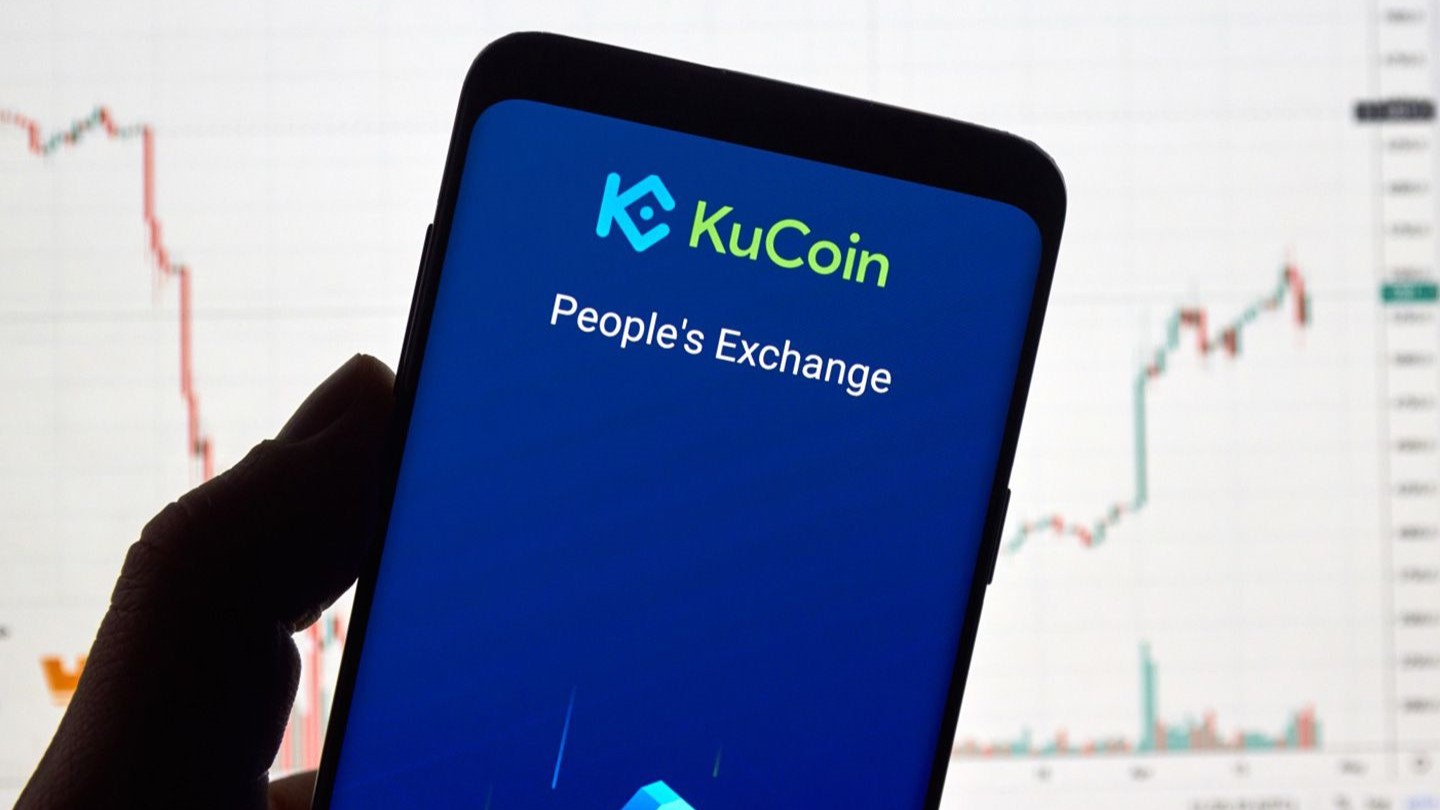Former President Donald Trump’s recent endorsement of Bitcoin mining in the United States has prompted speculation and debate among the broader crypto community, policymakers, and experts

Trump’s statements, released late Tuesday, indicate a strategic shift toward establishing the United States as a preeminent force in the mining of Bitcoin.
“Bitcoin mining may serve as our final defense against a CBDC.” China, Russia, and the Radical Communist Left are all benefited by Biden’s animosity toward Bitcoin. We are advocating for producing all remaining Bitcoin in the United States. Trump declared, “It will assist us in becoming energy dominant,” emphasizing his vision of Bitcoin as a critical asset in the nation’s energy strategy.
The Bitcoin Game Theory is currently in full swing
This declaration has significant implications, particularly in global dynamics and the ongoing competition among nations to establish dominance in this emerging sector. The transformative potential of Trump’s position was underscored by Samson Mow, the founder of JAN3, a firm dedicated to adopting BTC nation-states.
“The significance of Trump’s adoption of Bitcoin appears to be overlooked by many individuals.” This is not a matter of partisanship or whether or not promises will be fulfilled. Mow stated on X that this is a change in discourse that precedes nation-state competition to attain Bitcoin Dominance.
He emphasized that governments worldwide will likely discuss this development behind closed doors, with mainstream media outlets already covering the story. Yesterday, we observed that the ICBC in China adopted BTC. “This will accelerate the process even further,” Mow stated, alluding to the Chinese Industrial and Commercial Bank’s recent endorsement of BTC.
Laura Shin, a distinguished crypto correspondent, posed critical inquiries about Trump’s proposal’s implications for security and decentralization. She asked X, “Why is everyone celebrating Trump’s assertion that all Bitcoins should be manufactured in the United States?” Doesn’t this result in a decrease in the decentralization and vulnerability of BTC to attack and the creation of jurisdictional risk?
Shin is apprehensive about the potential centralization of BTC mining, which could compromise the network’s fundamental principle of decentralization and render it more vulnerable to cyber assaults and geopolitical pressures.
Galaxy Digital’s research director, Alex Thorn, responded to Shin’s inquiries by providing a strategic viewpoint. Many believe that nation-states are involved in the global adoption of Bitcoin. Game theory necessitates that BTC become a widely held or global reserve asset. Thorn elucidated that other nations will follow suit if a US president prioritizes Bitcoin.
He contended that this action could expedite the global adoption of Bitcoin as nations vie for dominance in the ecosystem. “There is a belief that competition will intensify, facilitating and solidifying global adoption.” If your geopolitical adversaries (or allies, for that matter) consider it significant, you must also participate in the game or risk falling behind.
Thorn cited numerous Bitcoiners who have written and spoken about this, including Michael Saylor, Fidelity Digital Assets, Parker Lewis, and Onramp, as essential figures and organizations that support BTC’s role in the global financial system.
Nevertheless, Shin maintained his skepticism regarding the strategic intention of Trump’s statement. “I concur; however, I am certain that Trump did not make this statement with the game theory of other nations around Bitcoin in mind,” she commented.
Thorn responded by pointing out that the fundamental issue is the unfolding of game theory. “Perhaps, but the issue is not whether or not he is cognizant of the game theory.” Bitcoin enthusiasts are ecstatic that the game theory is unfolding as anticipated. Trump (or any candidate or national leader) advocating for national Bitcoin policies is anticipated, even inevitable, and it is currently intensifying, Thorn argued.
Matthew Pines, Director at Sentinel One, contributed to the discourse by offering his perspective on the potential repercussions of Trump’s advocacy for Bitcoin. “Trump makes a multitude of statements. Not all of them result in policy. “However, I have a suspicion that he is sincere about this matter,” Pines observed, emphasizing the unpredictable nature of political promises compared to the actual implementation of policy.
He also emphasized that the significance of Bitcoin in the United States is less important than the response it elicits in other countries.
“The geopolitical impact could range from a shrug-but-watch-and-wait to a holy-sh*t-mad-scramble, or something in between, depending on the scope and scale of his potential BTC-related national policy actions, as well as how well-executed and calibrated they are about existing institutional systems and market expectations,” Pines observed.

BTC was trading at $67,375 at the time of publication.



